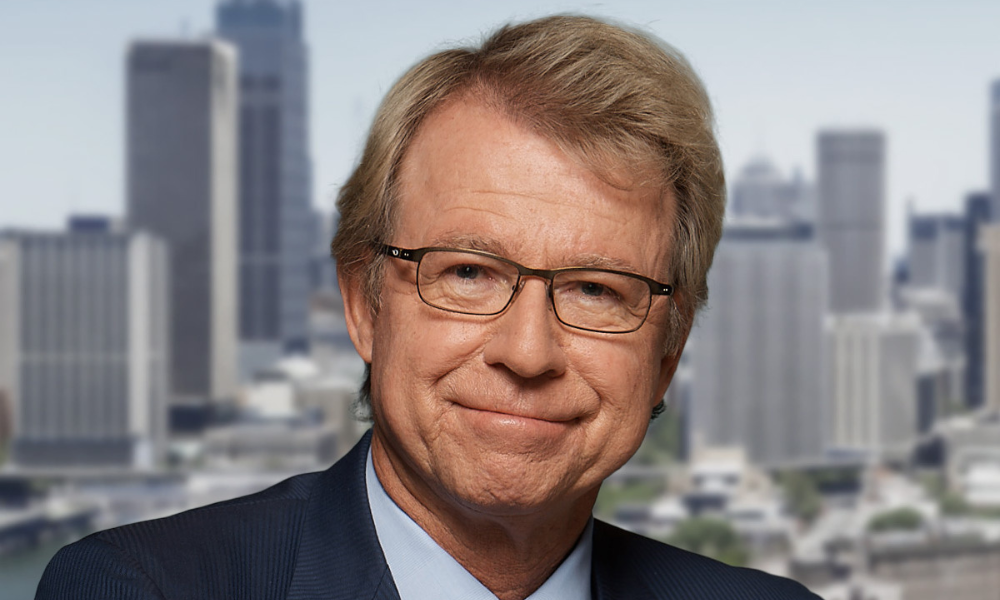Trendsetting rate is likely to have peaked, chief economist says

Data continues to paint a picture that inflation is heading in the right direction, with AMP Bank the latest to confirm expectations that the official cash rate will remain on hold at 4.10% in September.
Latest ABS figures released on Thursday show a further decline in inflation, the monthly CPI indicator rising 4.9% in the 12 months to July, down from 5.4% in the 12 months to June.
Other data released over the month showed wages grew 3.6% over the year to June (0.8% over the quarter, seasonally adjusted).
AMP head of investment strategy and chief economist Shane Oliver (pictured above), confirmed that he expected the Reserve Bank to leave the wholesale cash rate unchanged on Tuesday.
“We are off the view that the RBA will hold in September and we have likely now seen the peak in the cash rate,” Oliver said.
Data released over the past few weeks showed softer than expected wages growth, a degree of softening in the jobs market and a flat trend in retail sales, he said.
This was topped off by a “faster than expected fall in inflation”.
“This should all enable the RBA to leave rates on hold next week, albeit its likely to continue to warn that it may still have to raise rates again,” Oliver said.
Given the slowdown in economic growth however, Oliver said it was unlikely that the RBA would see the need to insert a further hike in the current cycle.
“Rates have likely peaked, but we don’t expect rate cuts to start to next year,” Oliver said.
AMP Bank’s forecast for no rise in September is in line with comments made by Westpac Business Bank chief economist Besa Deda, who said last week that inflation had peaked, although the battle had not yet been won. While Westpac’s central case scenario showed no further hikes in this cycle, markets had attached a 45% probability of one further hike before next March 2024, she said.
Latest homeowner research conducted by AMP Bank among Australian homeowners showed that 7 in 10 (69%) of homeowners with a fixed rate component did not know what variable revert rate their loan would roll onto. Among other findings, just over a quarter (26%) did not know when their fixed rate would expire, and 20% did not know their current home loan interest rate.
Oliver said that the bank’s latest research found that many Australian homeowners could be more engaged with their mortgages, acknowledging that not knowing about key aspects of their home loan or how it works could be “costing them more in the long run”.
The monthly CPI indicator July showed that electricity and housing were the highest drivers of inflation over the year. Electricity prices rose 15.7% over the 12 months (6% over the month), reflecting annual price reviews, while housing increased by 7.3%.
New dwelling prices rose 5.9% over the 12 months, reflecting high labour and material costs.
ABS head of prices statistics Michelle Marquardt said in the release that annual price rises “continued to ease” from the peak of 8.4% in December 2022.
Housing (+7.3%) and food and non-alcoholic beverages (+5.6%) were the most significant contributors to the July annual increase, partially offset by price falls for automotive fuel (-7.6%) and fruit and vegetables (-5.4%), she said.
Removing items with volatile price changes (fuel, fruit and vegetables and holiday travel), the monthly inflation fall was more modest at 5.8%, compared to 6.1% in June.



